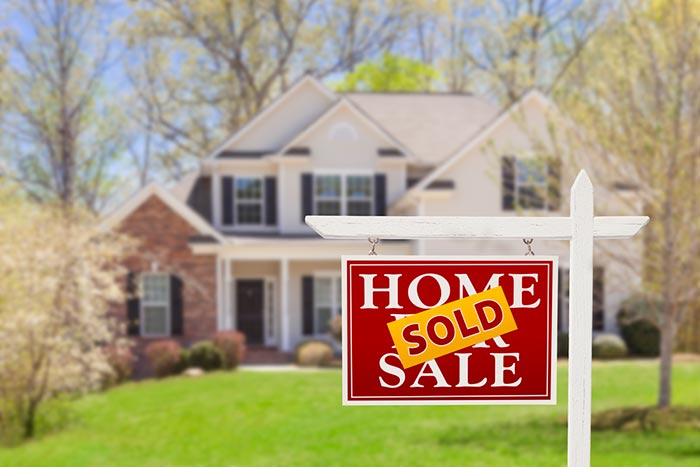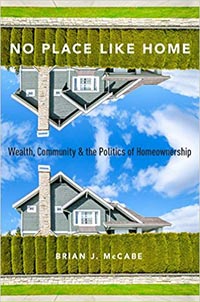Title: Renters Just as Civically Engaged as Homeowners, Professor Says
A Georgetown sociologist says homeownership may not be for everyone and that renters and homeowners are similarly involved in community engagement.


The stability generated through voting, volunteering and other civic and community engagement is very similar for homeowners and renters, Georgetown sociologist Brian McCabe says.
And while homeownership remains the American dream for the majority of U.S. citizens, McCabe questions whether owning a home is right for everyone.
“If what we want is more civic and community engagement in our neighborhoods, maybe pushing homeownership is not the answer,” says McCabe, author of No Place Like Home: Wealth, Community and the Politics of Homeownership (2016, Oxford University Press). “We can do other things to encourage that kind of behavior.”
Wealth Vs. Stable Communities
Despite the impact of the housing crisis nearly a decade ago, 63.5 percent of Americans are homeowners – down about six percentage points from 2005, according to the U.S. Census Bureau.
“There are a lot of reasons why people want to be homeowners,” says McCabe, an assistant professor of sociologyinGeorgetown College. “Homeownership is a good financial investment. Homeownership is kind of a symbol of our status. It suggests that we’ve kind of made it – that we’re independent and that we’ve worked hard.”
But as American society urges people toward homeownership, McCabe questions what is more important – promotion of homeownership to build wealth or to create stable communities.
“We often talk about homeownership as an economic phenomenon … to build wealth, but we should talk about homeownership as a social phenomenon,” McCabe says. “It influences the way people get involved in their communities, it influences the way they engage in politics.”
Shift Toward Renting?
The housing crisis is another obvious reason to find alternatives to homeownership, he says.
“Part of what underlies the housing crisis is that we pushed homeownership on a lot of people, gave them terrible loans that we knew they were not going to be able to afford moving forward,” McCabe notes. “It will be interesting to see if in the next few decades the conversation will shift to renting. If we could find a way to build wealth through renting, that may be acceptable to a lot of people.”
Just as mortgage interest can be deducted from federal taxes, McCabe says offering rental subsidies or options other than the standard 30-year loan – such as shared equity or community land trusts – could provide alternative models of homeownership.
Homeownership Reasons Vary
His research also shows that the goal of homeownership varies.
“When you ask African American and Latino households why they want to own their own homes, they are more likely than white people to say that it’s for the financial reasons – that it’s a good investment,” McCabe says.
This is likely because historically, African Americans and Latinos have had fewer opportunities to build wealth outside of homeownership, he says.
“It’s this incredibly important wealth-building tool,” the professor explains. “If you look at the average African American homeowner, about half of his or her wealth is invested in a home. It’s a much lower number for white homeowners.”
Top Priority
About 63 percent of Americans own their homes – 72 percent are white, 45 percent are Latino and 41 percent are black, according to the U.S. Census Bureau.
McCabe also found that African Americans and Latinos are less likely than whites to say they want to purchase a home to move to a “better” neighborhood.
Despite these differences, the professor says the goal to own a home remains a top priority in America.
“We live in this time where Americans disagree about everything,” he says. “You name the public policy and some are incredibly divisive, except for homeownership. It’s still oneof those issues that seemto unite everybody.”